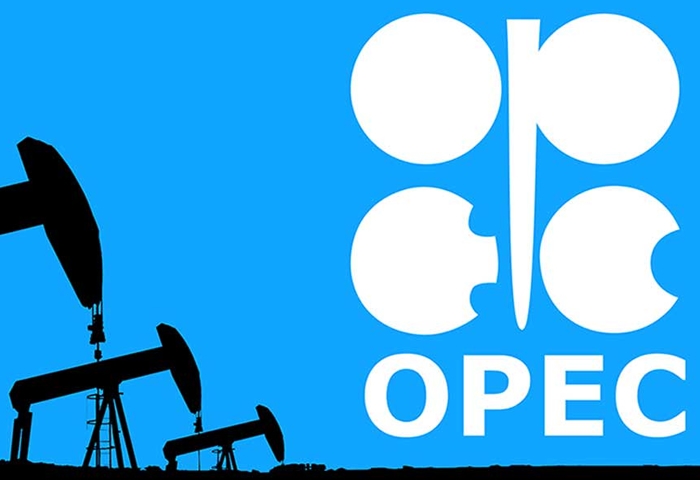OPEC+, the alliance of major oil producers, will hold their upcoming policy meeting virtually rather than in person, a shift potentially reflecting ongoing discussions regarding extended production cuts. While no official confirmation has been made regarding the agenda, several delegates indicated a strong possibility of extending current limitations on oil output into the latter half of 2024.
This decision to convene online comes amidst a backdrop of lingering economic uncertainties. The global recovery from the pandemic continues at an uneven pace, with some regions experiencing a resurgence in energy demand while others grapple with ongoing economic challenges. This variability has created a complex situation for OPEC+ as they navigate oil production levels.
Advocates for extending production cuts point to the potential for a market glut if output is increased prematurely. A recent announcement by the Abu Dhabi National Oil Company, a state-giant in the United Arab Emirates, highlighted their increased production capacity. This revelation, exceeding earlier OPEC estimates, has sparked concerns about a potential oversupply scenario if curbs are lifted too soon.
On the other hand, some member nations have expressed reservations about extending the cuts. These countries argue that a sustained reduction in output could hinder their economic recovery, particularly those nations heavily reliant on oil exports for government revenue. Additionally, some delegates have pointed towards rising geopolitical tensions as a reason to cautiously manage production levels, ensuring sufficient oil is available to meet global demand in a potentially volatile market.
The decision to hold the meeting virtually underscores the complex considerations facing OPEC+. The online format allows for greater participation from member states while potentially mitigating logistical challenges associated with an in-person gathering. This approach reflects the group's attempt to foster a collaborative environment for reaching a consensus on production quotas.
The outcome of the upcoming OPEC+ meeting will be closely watched by energy markets worldwide. Investors and consumers alike are keenly interested in the group's decision, as it will have a significant impact on global oil prices. An extension of production cuts could lead to continued stability or even a potential rise in prices, while a relaxation of restrictions could trigger a price decrease.
The virtual gathering of OPEC+ represents a critical juncture for the oil industry. The decisions reached will not only influence the global energy landscape in the coming months but could also set the stage for long-term trends in oil production and pricing.

